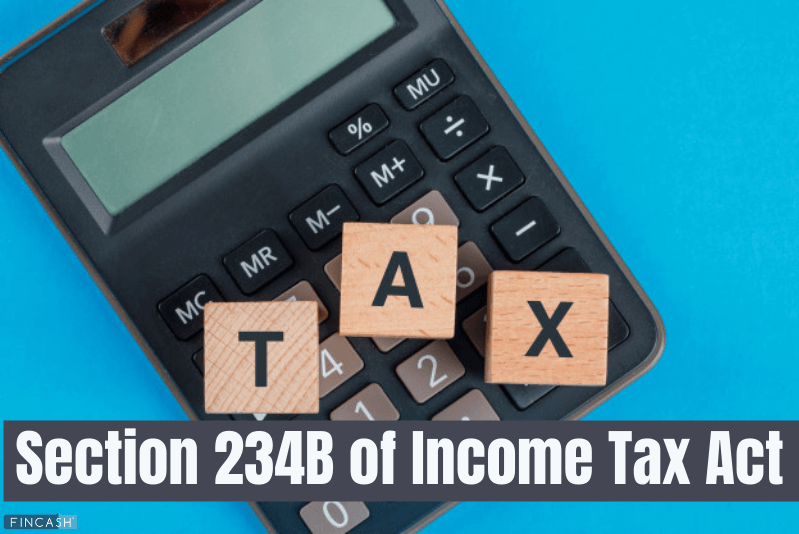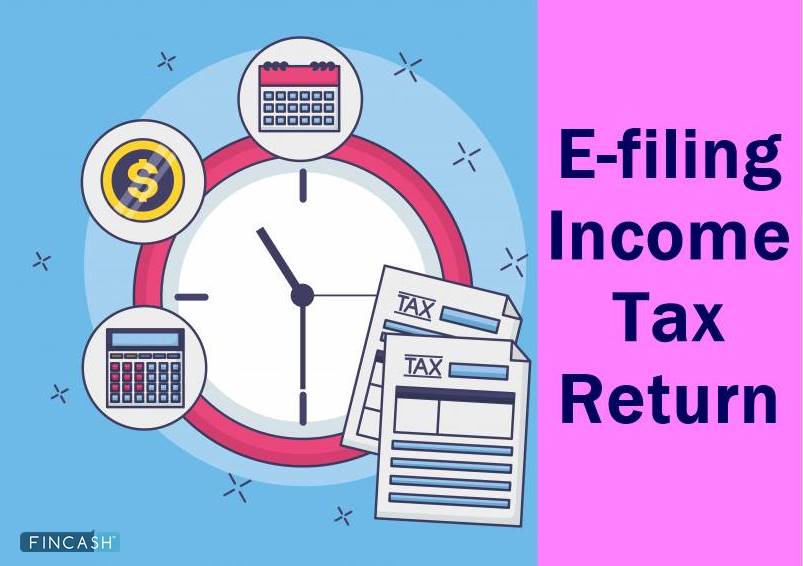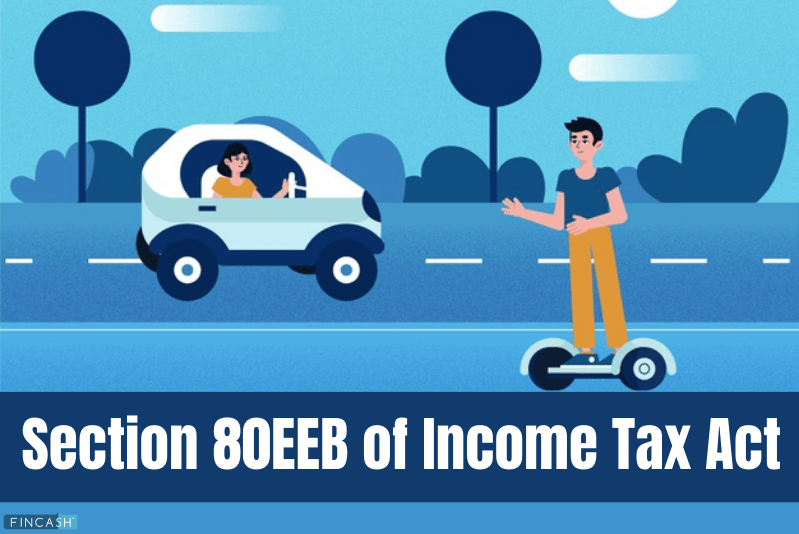
Table of Contents
How is Online Gaming Taxed Under Income Tax Act?
Online rummy, poker and other online games that offer real-money are experiencing real-time growth in the recent past. The online gaming Industry has seen a massive growth pace in the past 10 years with people acquiring smartphones and personal computers that offer the liberty and the ability to live this new virtual world full of possibilities.

This evolution of the gaming industry in India has attracted big investments in companies Offering these gaming services. While the gamers play rummy, poker, sports games, quizzes, etc for the sake of thrill, companies find it to be the place for huge Earnings.
This has also allowed the players to explore a whole new area of earning money from the comfort of one’s home. Many are opting to become professional gamers today. Since money earning is involved in this scenario, it is obvious that tax is also involved.
Income Tax on Online Gaming
In India, you can earn money playing online rummy, poker, etc. The Supreme Court of India has allowed playing rummy by declaring the game as legal in India. However, the earnings you may get from online games are subject to income tax. The Finance Act 2001 clarified that card games and other games of any sort will include a game show, an entertainment programme on television or electronic mode where participants compete to win prizes and other similar games. This Income is considered as ‘income from other sources’ as per Section 115B of the Income Tax Act. Remember this when you are filing your Income Tax Returns.
The income is taxed at a Flat rate of 30% excluding cess of 31.2%. Note that this is done without taking into account the basic exemption limit.
The income that will be taxed under this section includes the following sources:
- Online Card Games
- Lottery
- Games Show on TV or Online
- Crossword Puzzle
- Gambling or Betting
- Horse Races
Talk to our investment specialist
Example of Online Game Tax
Online game tax is important to take into consideration when filing income tax. Check out the example below:
For instance, Rajesh earns Rs. 2 lakhs as annual income and has also earned Rs. 30,000 from online gaming. His income is below the basic exemption limit. i.e. 2.5 lakhs. But Rajesh will still have to pay 31.2% tax on Rs. 30,000 including cess. But after that, no Deduction or any expenditure will be allowed to be applied to any such income. This will be under 80c or 80D.
Note that the entity distributing the prize money will be required to deduct TDS if the prize money exceeds Rs. 10,000. This deduction will be 31.2% under section 194B of the Income Tax Act.
Remember that when the entity giving the money deducts TDS, the beneficiary is required to show this amount when filing the annual Income Tax Return. TDS on online games need more attention from the government.
For instance, Jayesh has won a camera worth Rs. 1,20,000 as the prize in online gaming. The distributor of the prize has to pay the 31.2% tax applied to the camera and then give the prize to the winner. The tax amount can either be acquired from the winner or be paid from the distributor himself.
Note that if the prize is given in the form of cash or a tangible item, the total tax should be calculated on the amount of cash and Market value of the item given as prize. The tax amount should be deducted while giving the cash portion of the prize to the winner. However, if the cash prize is not sufficient to cover the total Tax Liability, then either the distributor of the prize or winner will be liable to pay the deficit.
Online Card Gaming Revenue
With the increase in players joining every day, the online card gaming industry has recorded a considerable rise in total revenue.
The table mentioned below gives the details:
| Year | Revenue (In Crores) |
|---|---|
| FY 2015 | 258.28 |
| FY 2016 | 406.26 |
| FY 2017 | 729.36 |
| FY 2018 | 1,225.63 |
Conclusion
Online gaming in India is the place that has helped many players earn money at the comfort of their homes amid the Coronavirus pandemic. You can only expect exponential growth in this sector in the years to come. And who knows, this could be a new career path and employment opportunity for individuals.
All efforts have been made to ensure the information provided here is accurate. However, no guarantees are made regarding correctness of data. Please verify with scheme information document before making any investment.












